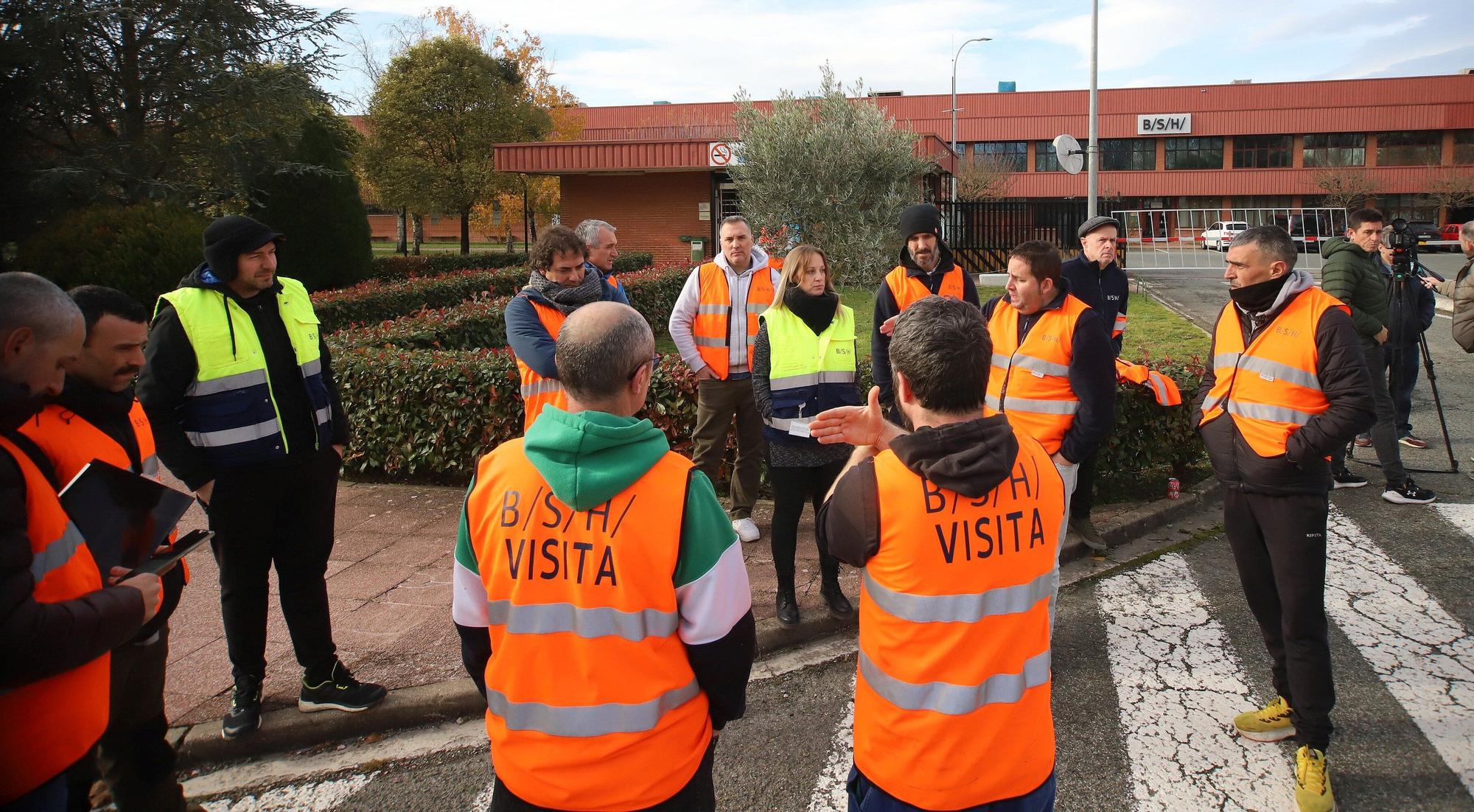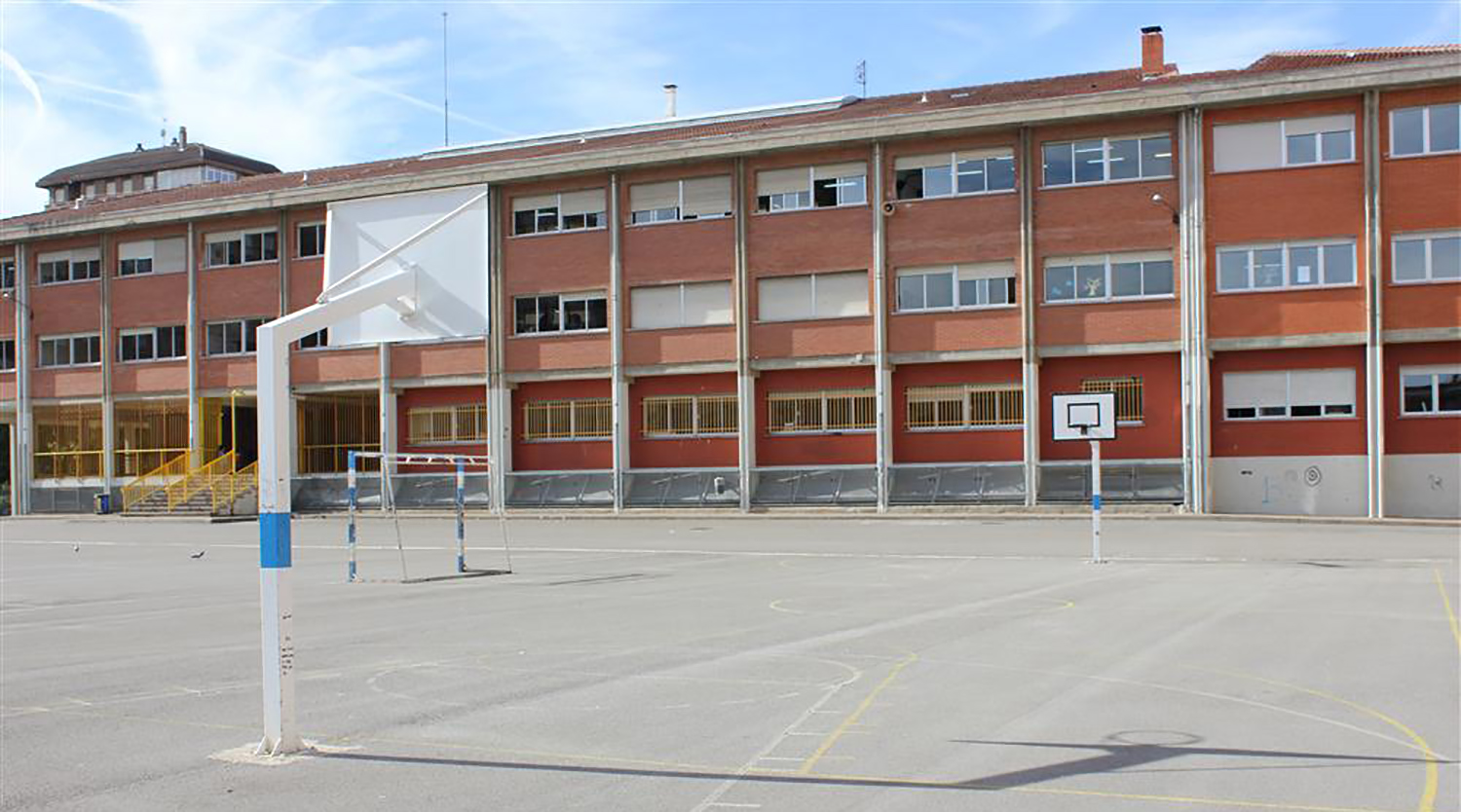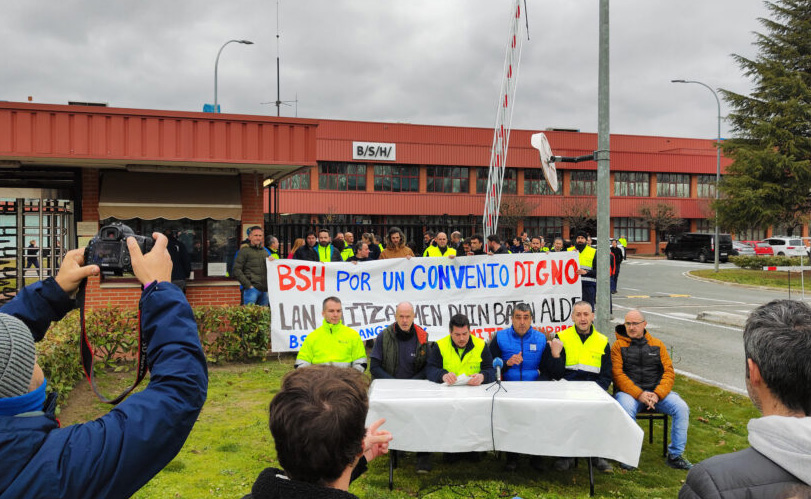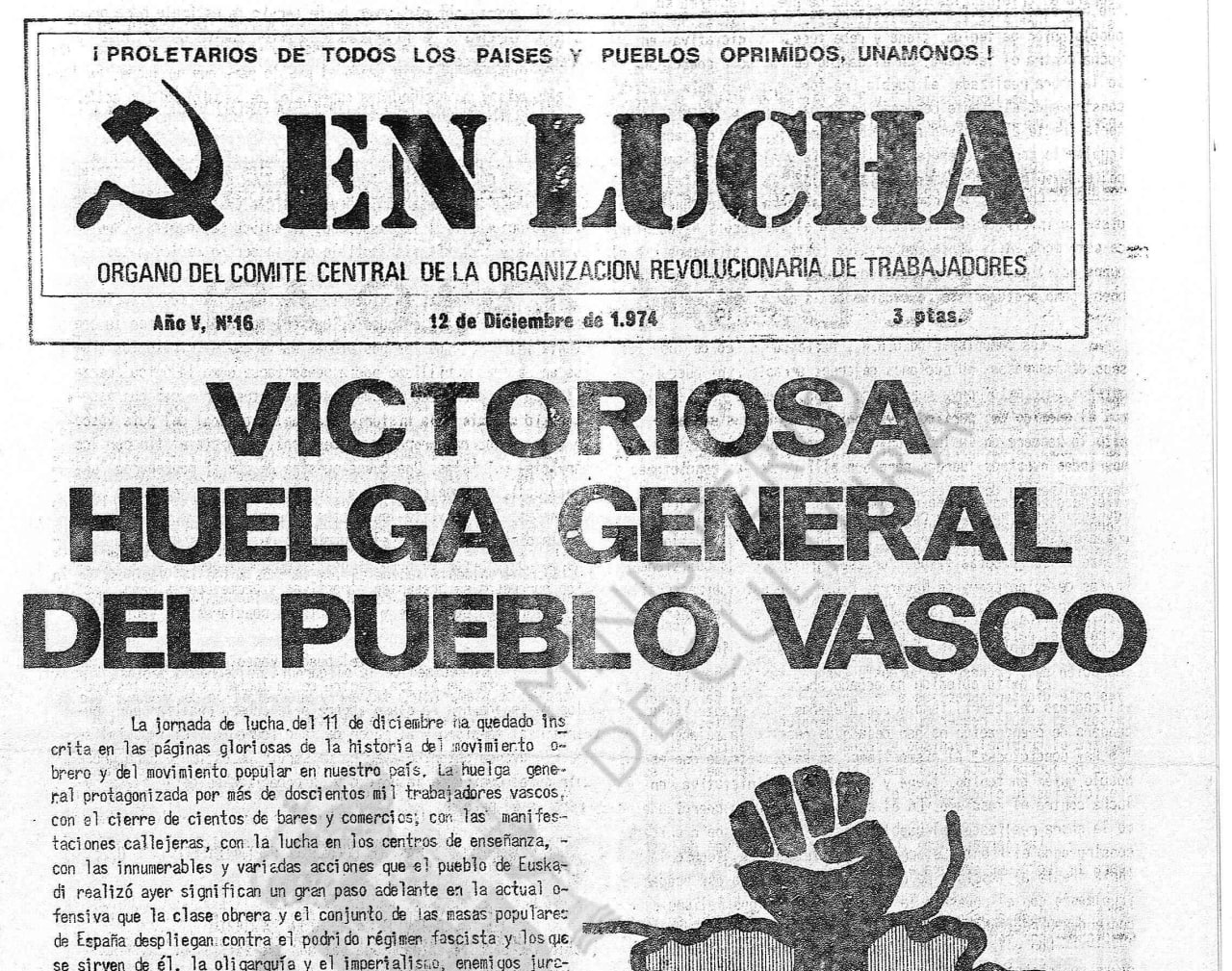
On the one hand there is the increase in CPI and on the other there is a red line, marked by the decisive unions in the evolution of collective bargaining: not losing purchasing power. And to complete the picture, there are governments and employers, united in a speech and an attitude against salary improvement. It was difficult to foresee that the year was so successful in signing the conventions, but that was the case. This has been achieved through the labour struggle organised by trade unions that do not escape confrontation.
The last has been the agreement of the cleaning workers who work subcontracted for Osakidetza. The agreement has been forced by a long battle of a hundred days, which has passed over the health department of the CAPV, even though the conflict required the intervention of the public power, because it is a fundamental activity in a public service. Once again, the agreement has been the result of the ability and readiness to make long and hard conflicts, applaud the unions and claim from feminism, because women have been the protagonists.
In the end-of-course evaluations that will be carried out by sharing the joy and pride of the workers, it will be possible to list and highlight the steps forward. But it has also left us questions that require collective and forceful responses. Why are conflicts in the feminist sectors longer? How can we carry out the full burden and responsibility of the conflict so as not to fall behind women working in absolute precarious conditions? And how can we turn all these struggles into the engine of political change?
Budgets and the closure of annual accounts are nothing more at this time, from the domestic economy to most of the socio-economic spaces that we share. Large companies have begun to extract calculators and implement major plans for 2025. Small and medium-sized institutions and... [+]
On 5 December last, pp presented in the Parliament of Navarra a proposal for a law to decouple the processes of functionalization of the Secretariat and Intervention positions of the local entities of Navarra. If this were to happen, about 30 people would achieve well-deserved... [+]
Today, 50 years ago, the labor movement of the Basque Country wrote a very important chapter in its history. In Hegoalde, some 200,000 workers went on a general strike in protest against the Franco regime, which lasted two months. This mobilization made it clear that the... [+]





















